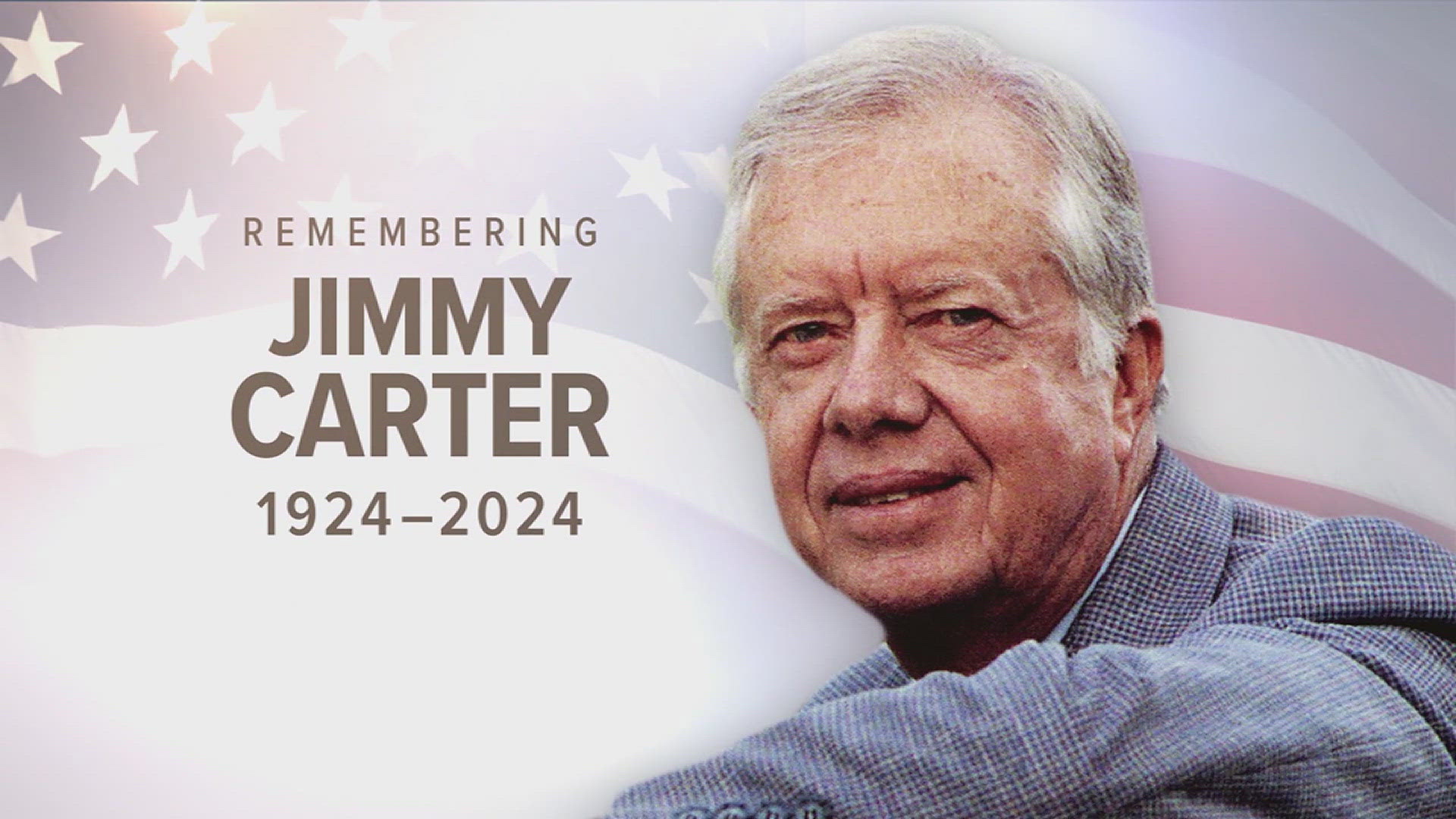(Akiit.com) I’ve got two words for white America: Thank you.
Thanks for building homes in poor communities through programs such as Habitat for Humanity; for working with HIV/AIDS relief programs in places such as sub-Saharan Africa.
Thanks for mobilizing the Innocence Project, which is freeing wrongly convicted prisoners, many of whom are black.
When I see such noble efforts, when I witness men and women of all races working for a common good, my faith in humanity is restored.
Reminds me of my own childhood, a time when Jim Crow’s calloused grip on our Southern lifestyles and customs could be seen in whites-only community centers, or in the segregated schools that survived well into my youth.
I can’t forget that.
But it also was a time when more than a few white people availed themselves to me as coaches, mentors, teachers, friends – and heroes.
I can’t forget that, either.
Those two seemingly incongruous images bespeak the layered complexity of America’s race relations, which, despite the growing presence of Hispanics and other ethnic groups, still tends to be defined in black and white.
I wrestle mightily with the notion that many white people are growing tired of blacks dredging up our “painful past.” Truth is, black folks get a little miffed when whites, whose triumphs and successes are well chronicled in history books, tell us, “Get over it!” Or “Move on!”
That task is as daunting as it is unrealistic for a people still piecing together its legacy.
I was struck by what Helen Biderman, an 80-year-old Jewish woman, said about Holocaust Remembrance Day. She was 11 when the Germans invaded Poland in 1939 and forced her family to live in a ghetto. Her family ultimately fled, with members at one point hiding in a chimney.
“It brings back the most terrible memories,” Ms. Biderman said.
So why, you may ask, do she and Jews the world over put themselves through such a ritual? Because, as Ms. Biderman summed up: It’s better to remember than forget.
No, blacks can’t wallow in the past. We get that. Our past must be a foundation on which we stand, not a crutch on which we forever lean.
Yet, whites must understand that watching Roots is far from living Roots. Black folks can’t just click on the remote and change the dynamic forces of history that thrust us into the 21st century, baggage and all.
To be clear, we don’t mind talking about our problems: One in four black folks lives in poverty. One in five of us doesn’t have health insurance. One in eight black males in their 20s is in prison.
It’s so bad that even Bill Cosby has turned sour on a generation that won’t even pull up its pants, let alone pull itself up by its bootstraps.
Here’s the rub. So often when we hear our white friends talking about issues such as the number of black men in prison, they tend to deny any institutional culpability. They shrug off the gross disparities in arrests, convictions and incarceration that blacks face for some crimes, such as drug use. They blithely say, “Oh, well, you brought it on yourself.”
We’d like for you to be as outraged, too, when you read that blacks make up 13 percent of all drug users but constitute more than a third of those arrested, more than half of those convicted and nearly three-fourths of those imprisoned.
That’s not justice; that’s “just us.”
If I had white America’s ear for a second, I would say black America is at a crossroads. We have more blacks in the middle class than ever before, and more blacks in the underclass than ever before.
So if you’re going to talk about us – and we know you will – please tell both sides of our story.
Wriiten By JAMES RAGLAND









Leave a Reply